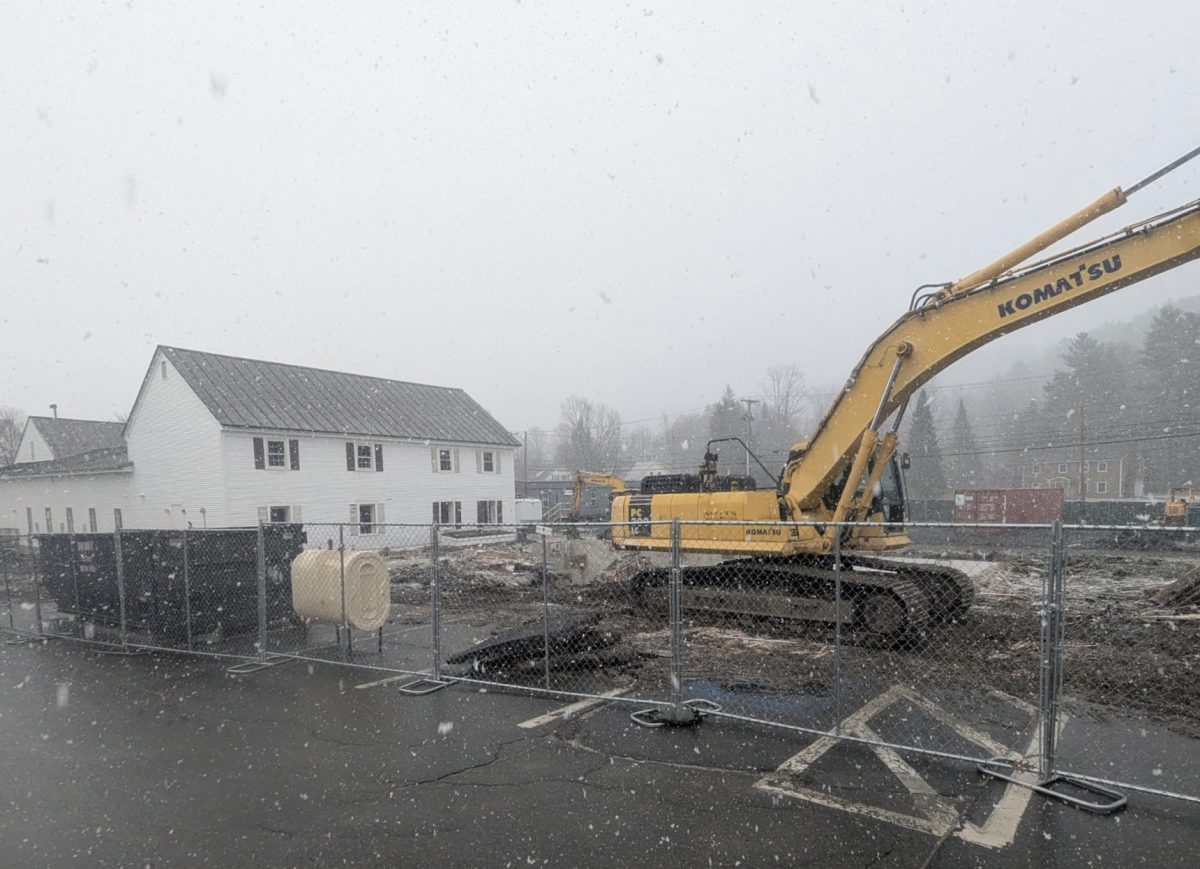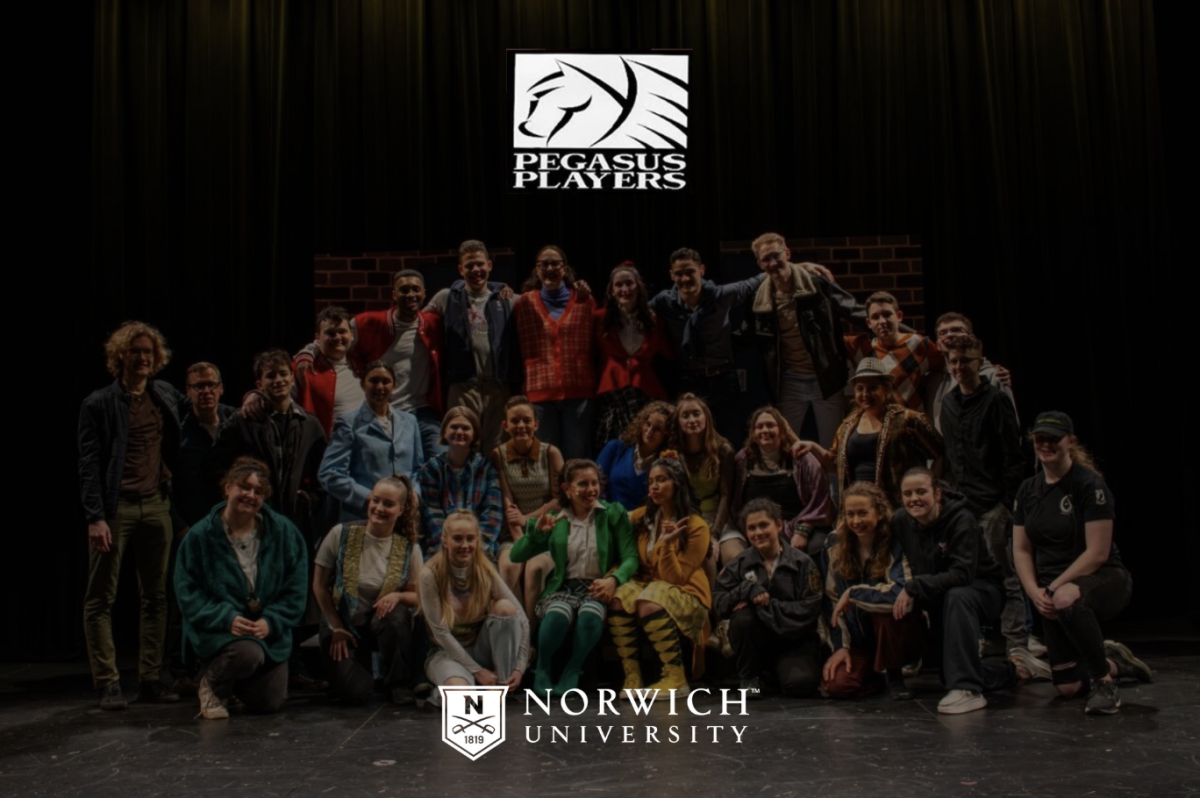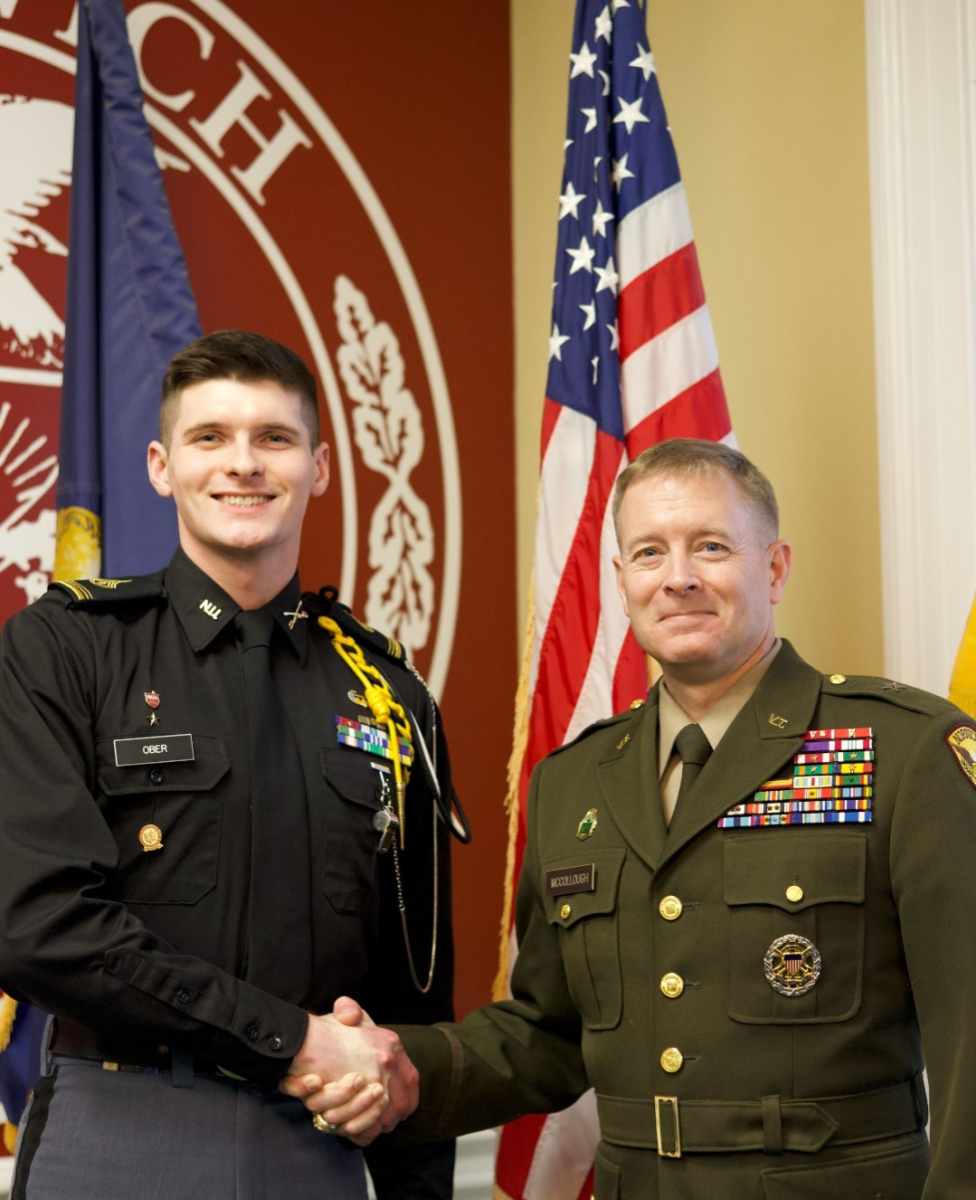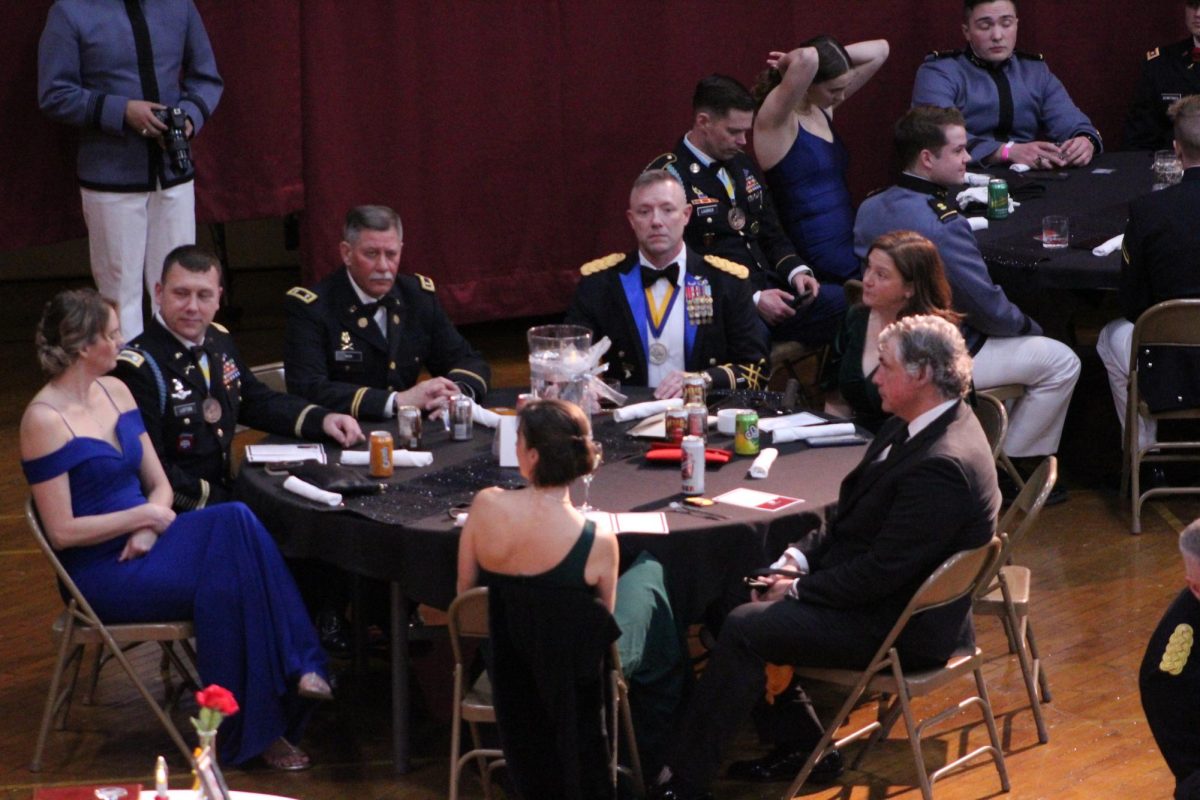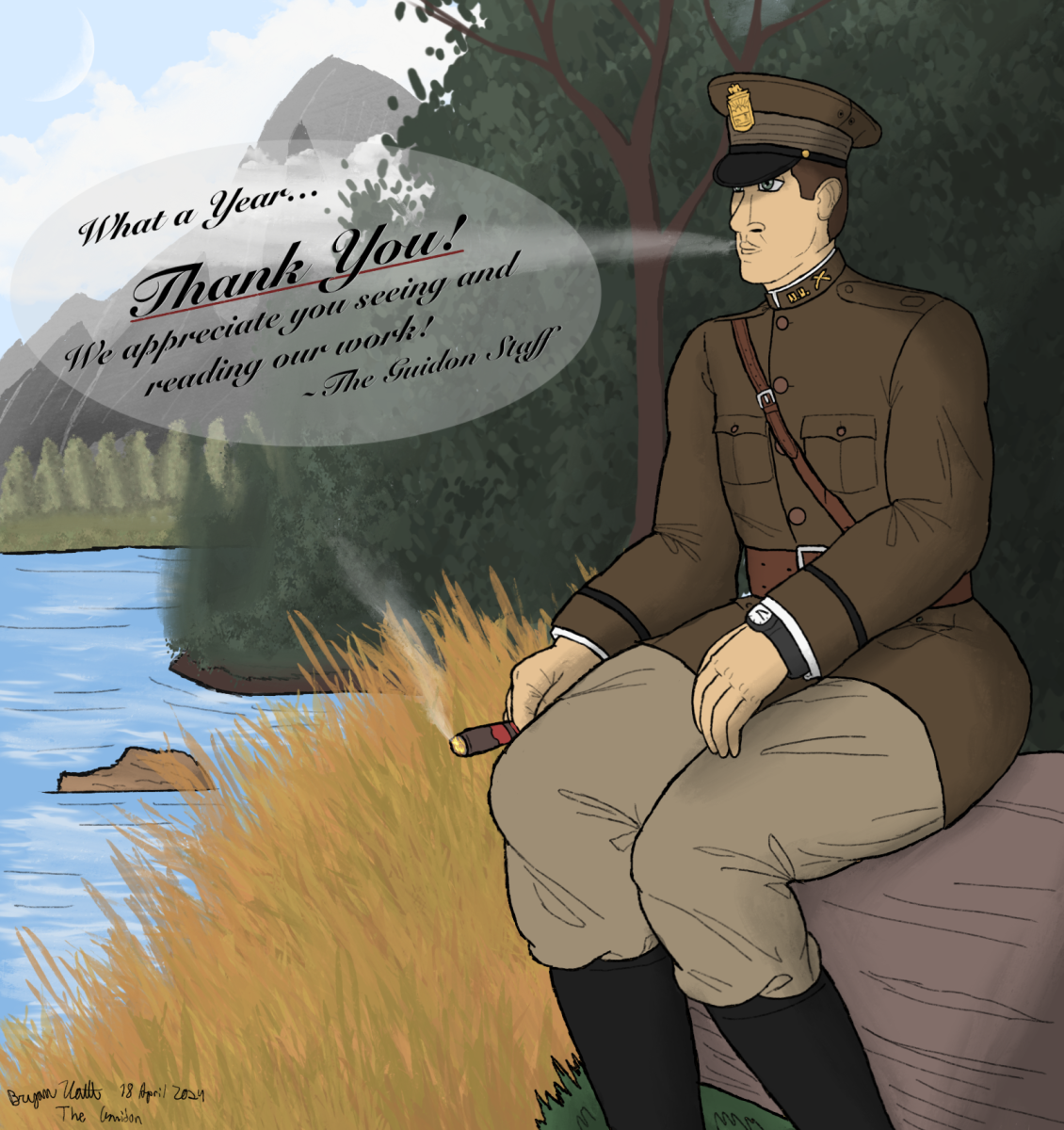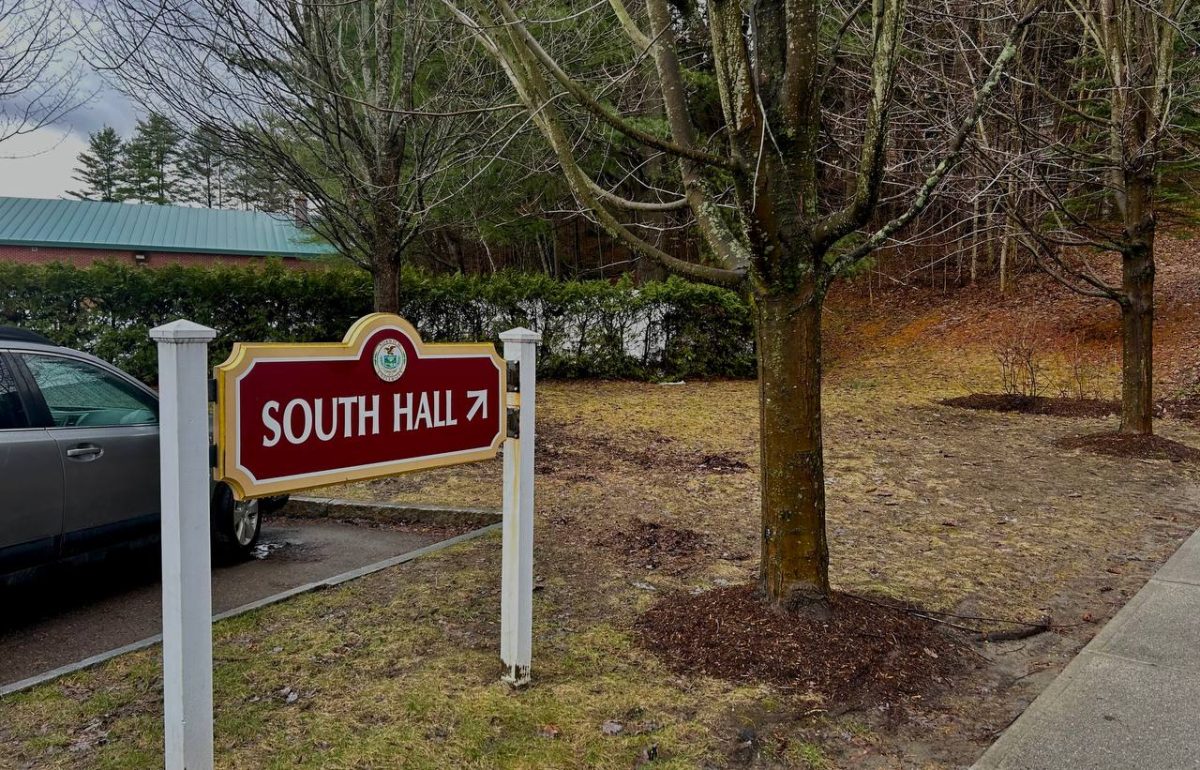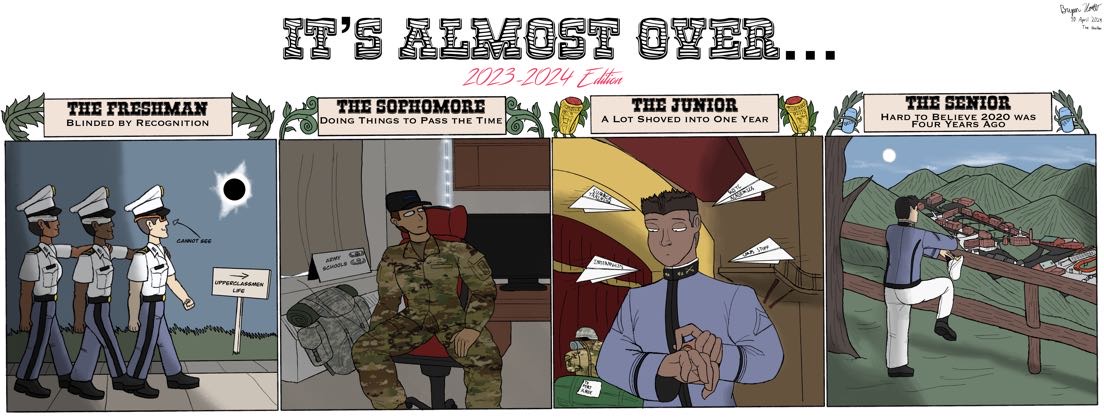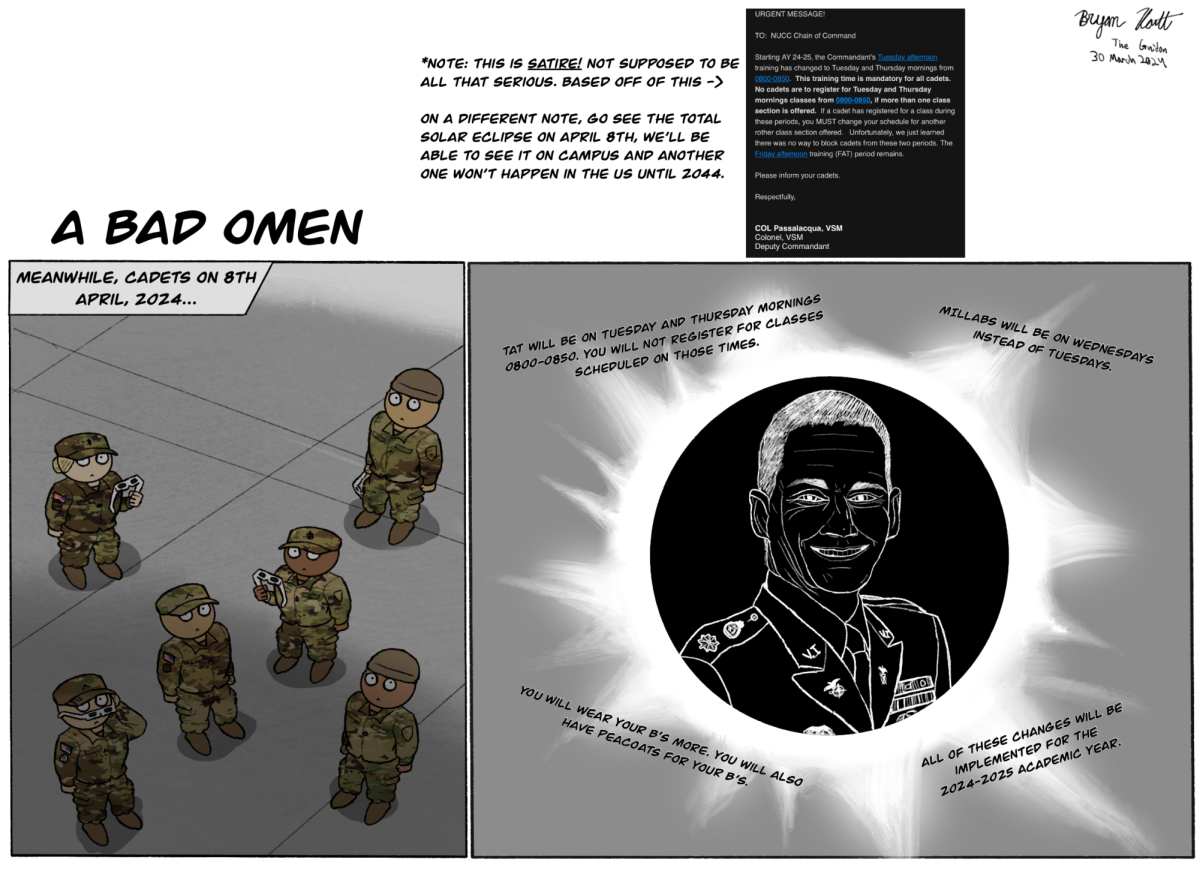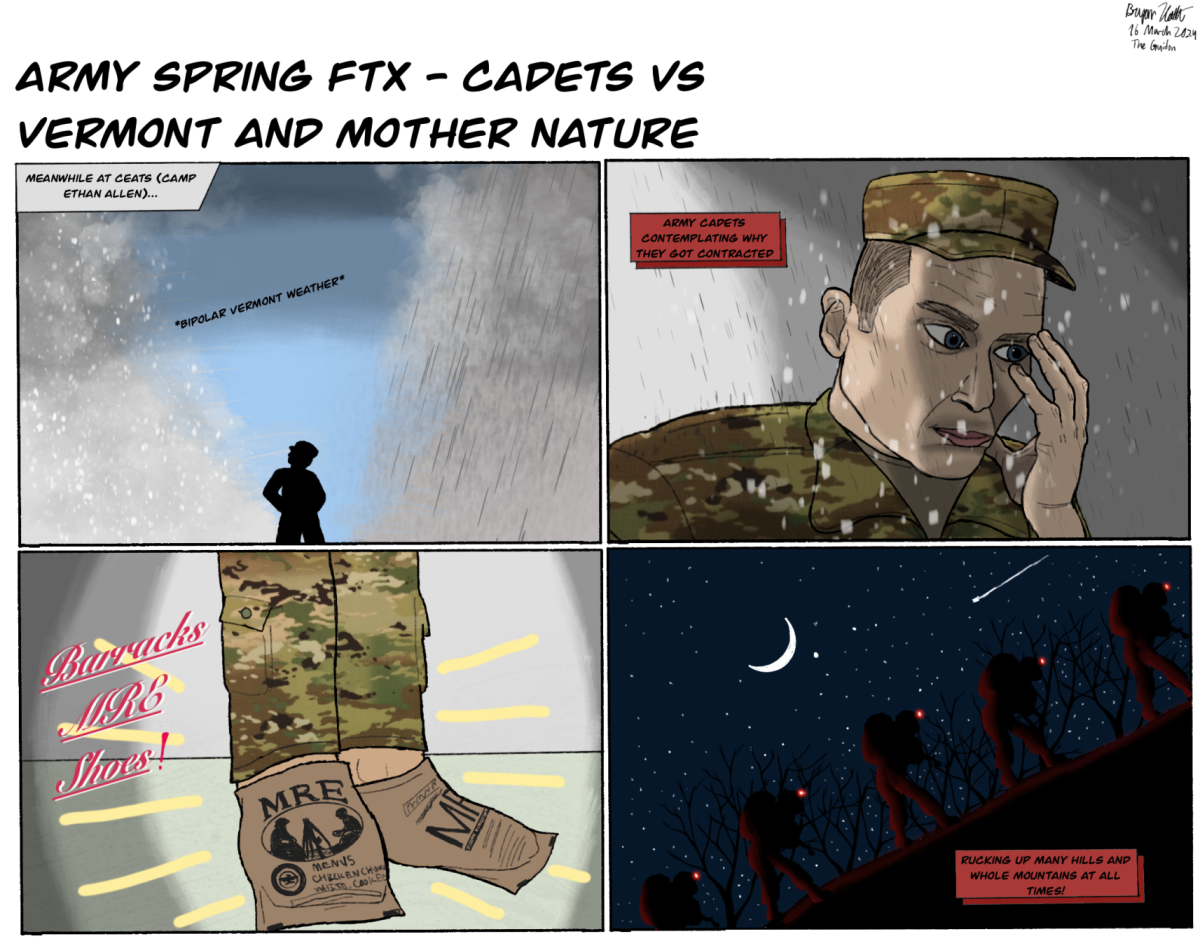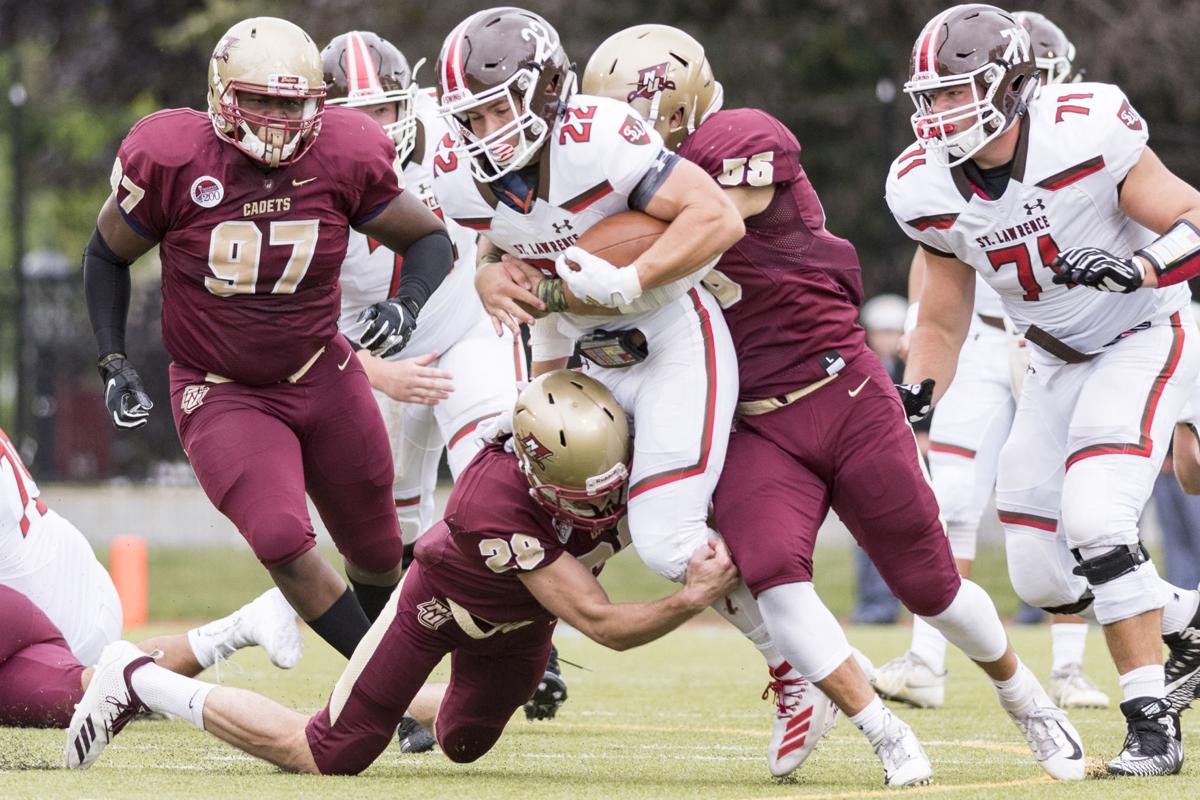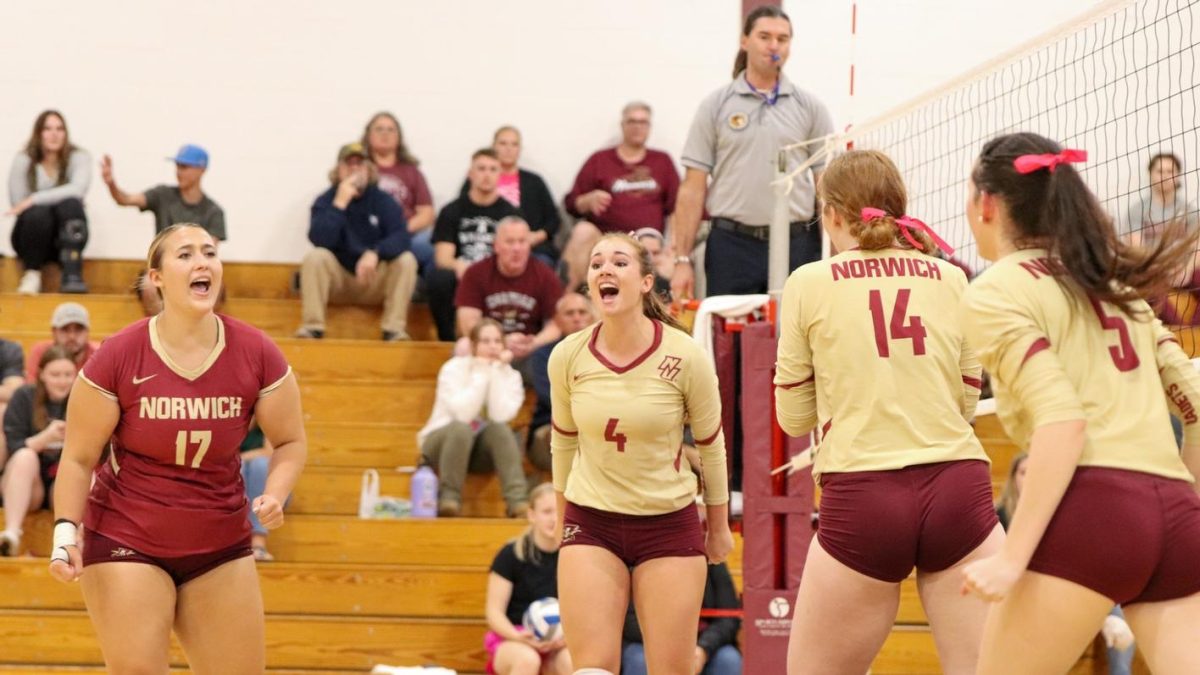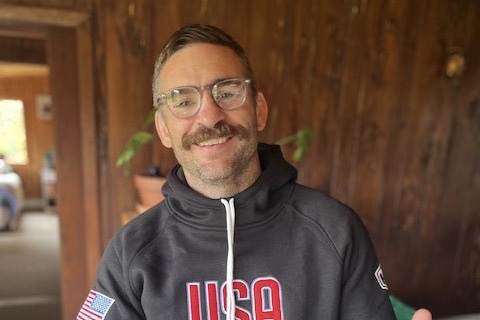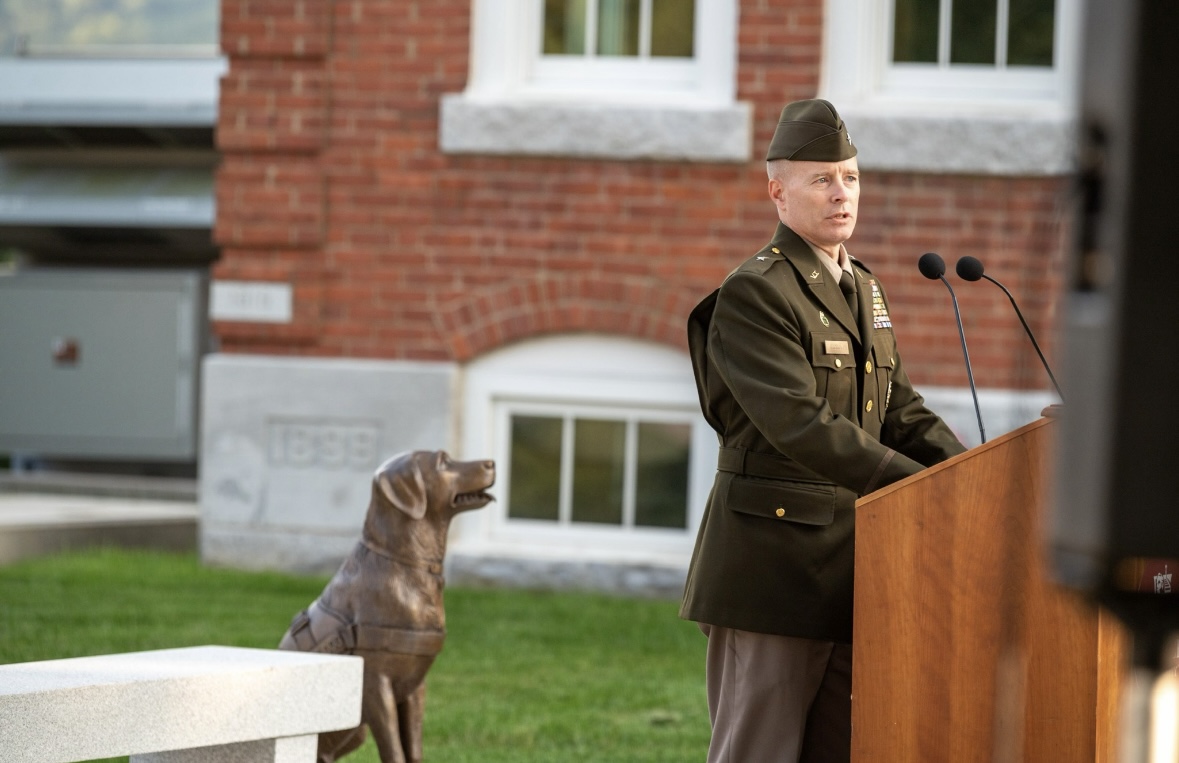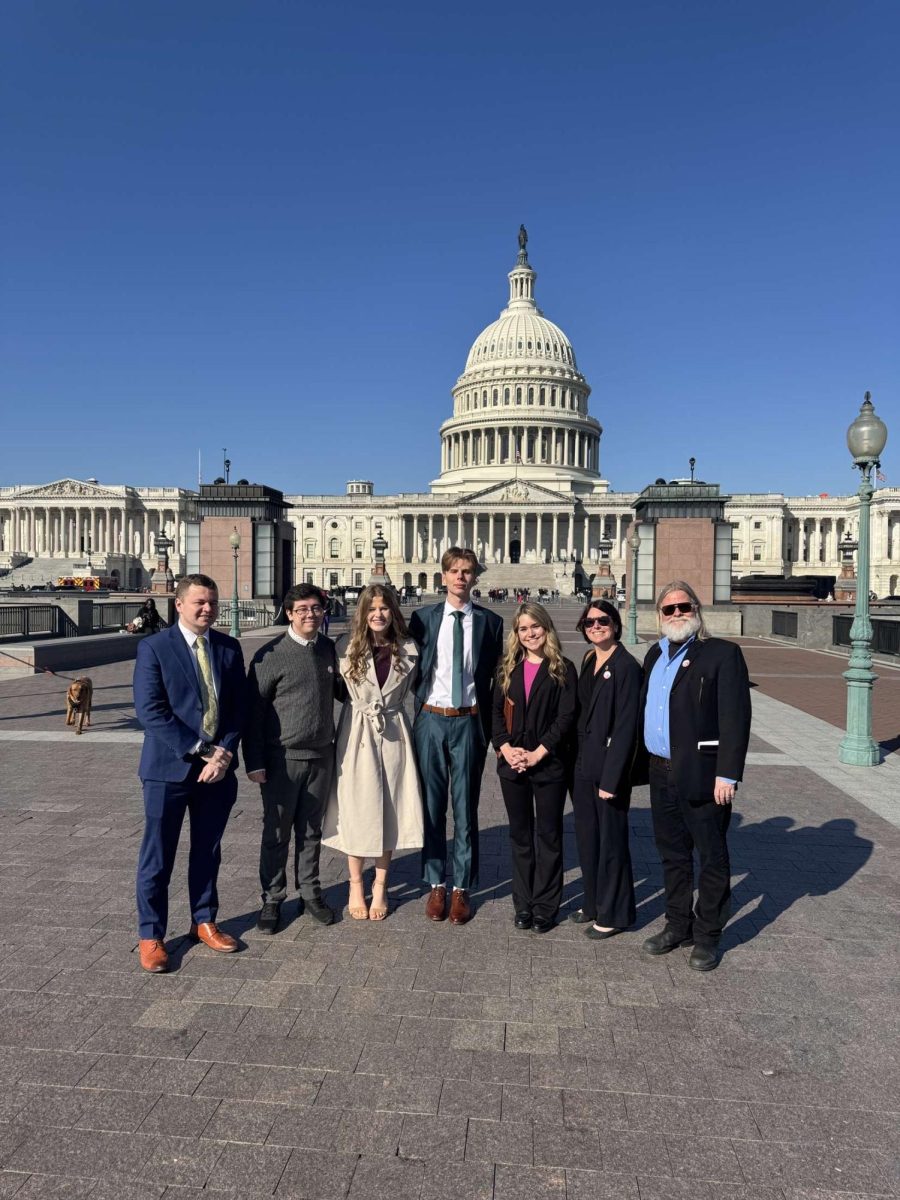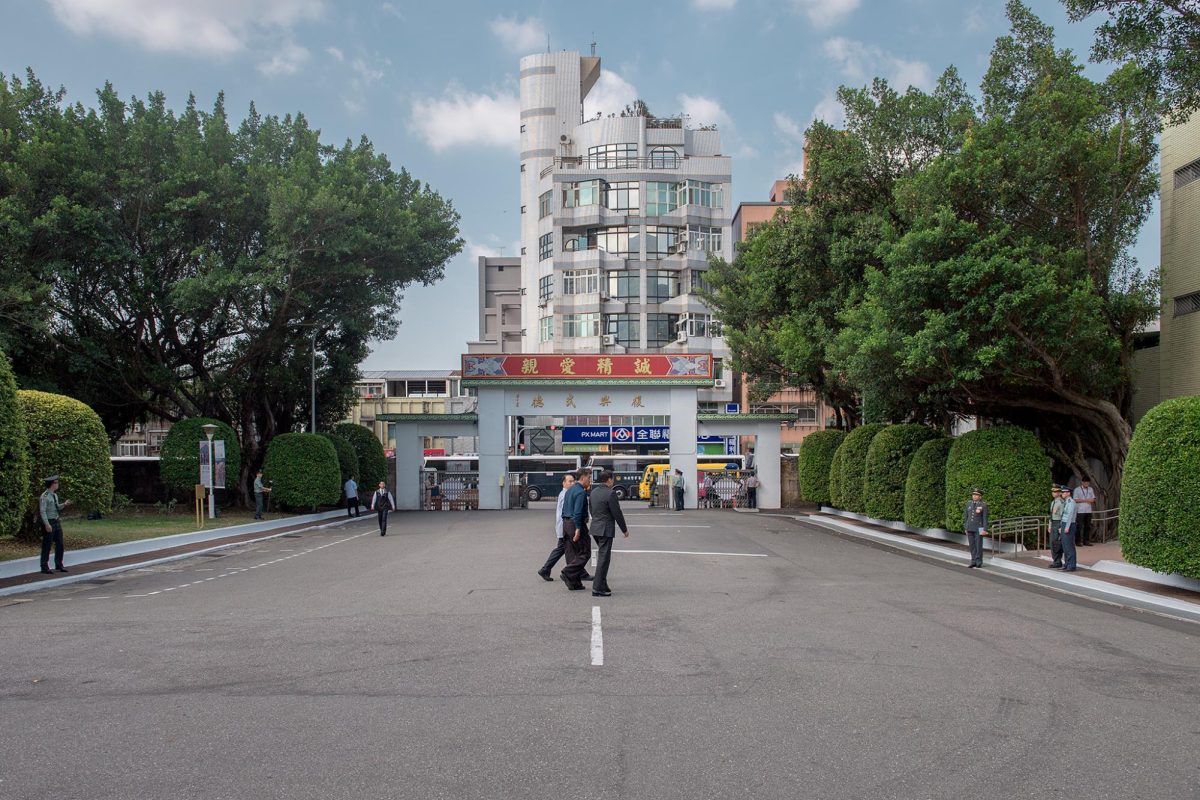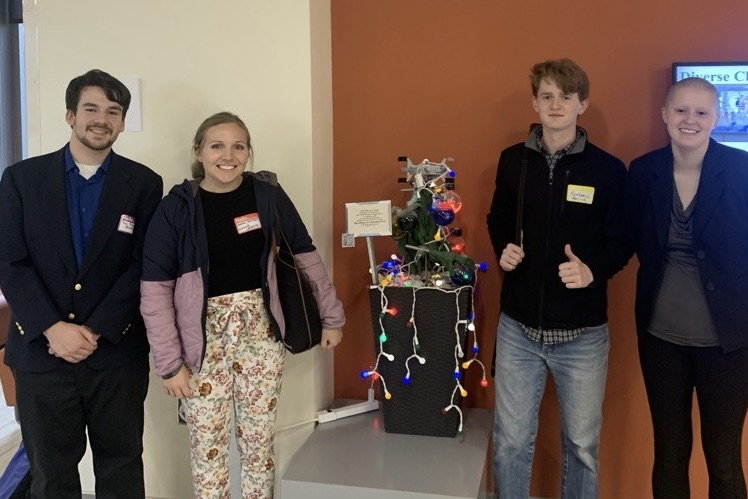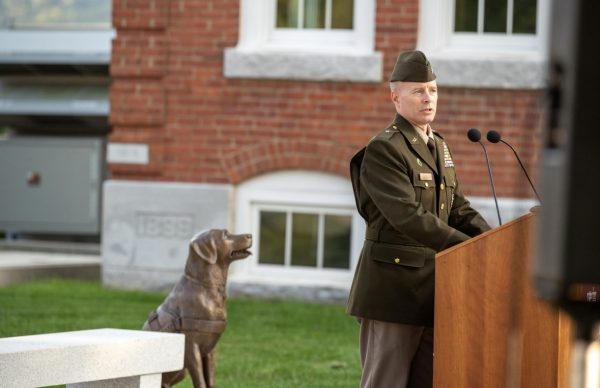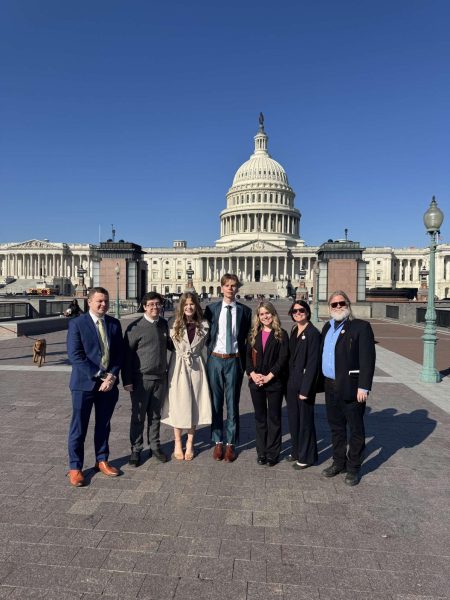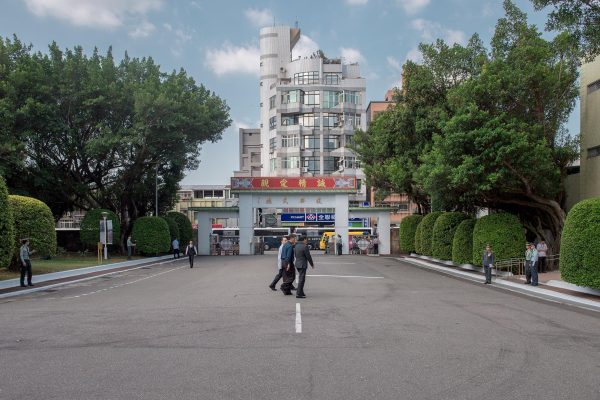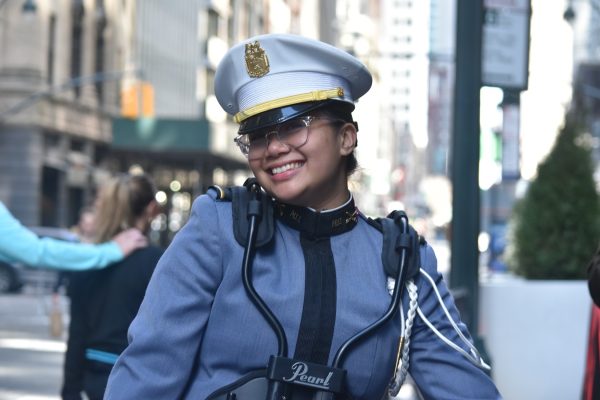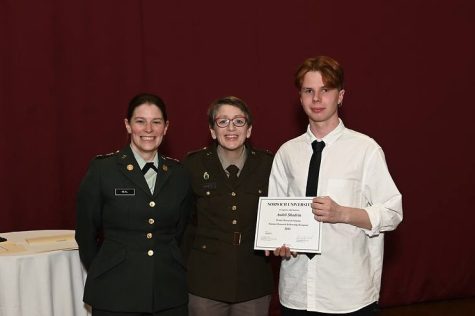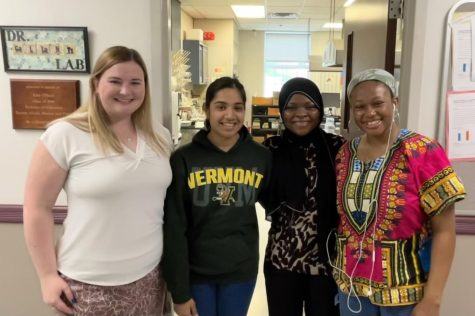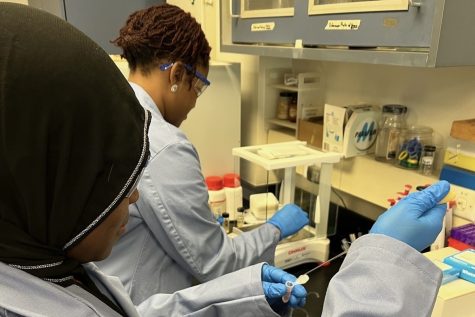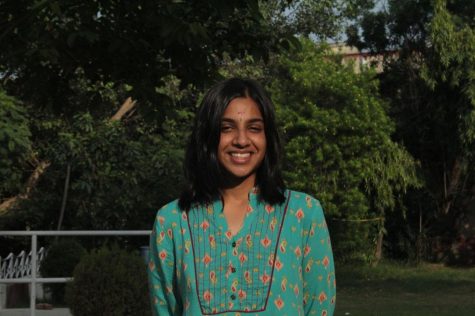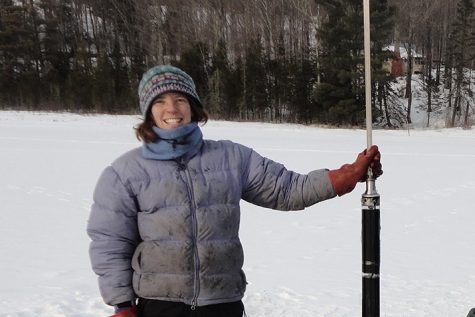Oragnic chemistry professor leads way for mentees to research health and fuel related sciences
My background is in bioorganic chemistry; I worked on research that straddles the edge of chemistry and biology during my Ph.D. studies and post-doctoral work. Specifically, most of my work has focused on peptides and proteins that contain non-natural amino acids (aka amino acids that the human body does not synthesize naturally). Currently, I mentor two students on my research team working in this field, and I also mentor one student who has branched out into sustainable biofuel research.
I teach Organic Chemistry at Norwich, which encompasses everything from biofuels to protein biochemistry. The topics of my course prepare students well to jump into my research team.
This is my second summer mentoring students for the Undergraduate Research Program, and also my second summer working at Norwich. I’ve mentored students ever since starting here!
During my first summer at Norwich (Summer 2022), I mentored three research students; one research fellow (Weintz Scholar), and two apprentices. This summer, I am again mentoring three students; two research fellows (both are Weintz Scholars), and one apprentice. I also mentored an apprentice during the Spring 2023 semester.
Within my first month of arriving in Norwich, I had students approaching me who were interested in my research – they had heard about my research when I gave my “elevator pitch” in my Organic Chemistry course. I started by holding regular group meetings during the semester to discuss project ideas with these students.
Those who were interested in my research helped me to organize my lab space, which lead to discussions about summer research. I identified three students who would work with me that first summer, and we applied for summer research funding through the Office of Undergraduate Research. Our summer applications were funded, and so my research group was established. The three students who worked with me the first summer put forth tremendous effort to get our projects up off the ground. They learned new lab techniques which have since been passed on to new students in our group. My group has continuously evolved but has been very active ever since those first group meetings.
All three of my students’ projects excite me for different reasons, but they all share one exciting theme: all of my students are working on developing methods and reagents toward a more sustainable future.
For example, Quinn Bennett and Rafi Sarbah are working on making bioactive peptides that can be used as anti-oxidants, metal chelators, and conformational switches for health-related applications. Peptides are generally safe, non-toxic, and highly efficacious reagents that are a greener alternative to some of the reagents that are currently being used for these applications. Alex Kellberg is working on synthesizing biodiesel from algae oils, which is an exceptionally green way to produce fuel.
We are all excited to work towards a more sustainable future in both health-related sciences and fuel-related sciences.
Your donation will support the student journalists of Norwich University. Your contribution will allow us to purchase equipment and cover our annual website hosting costs.
